
16 Oct 2014

Planet Asperger
A documentary about Asperger syndrome that will teach you we don't all take the same journey towards happiness.
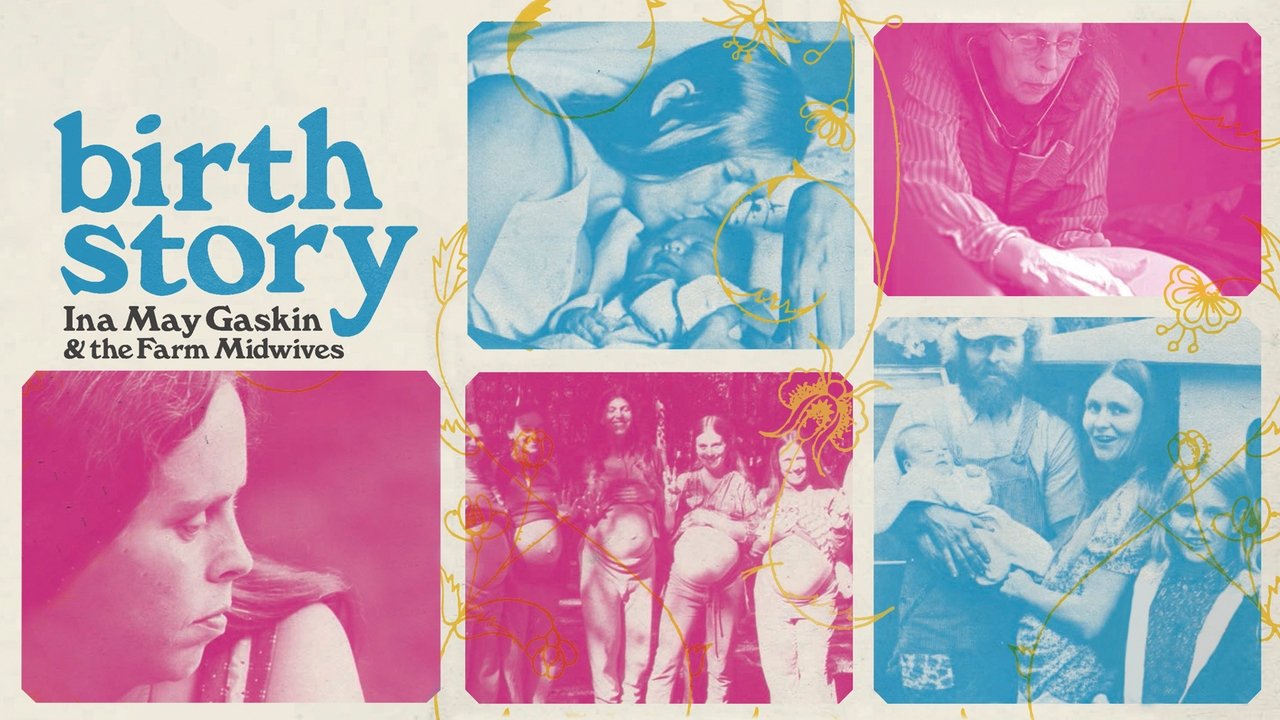
Birth Story: Ina May Gaskin and The Farm Midwives captures a spirited group of women who taught themselves how to deliver babies on a 1970s hippie commune. Today as nearly one third of all US babies are born via C-section, they fight to protect their knowledge and to promote respectful, safe maternity practices all over the globe. From the backs of their technicolor school buses, these pioneers rescued American midwifery from extinction, changed the way a generation approached pregnancy, and filmed nearly everything they did. With unprecedented access to the midwives' archival video collection, as well as modern day footage of life at the alternative intentional community where they live, this documentary shows childbirth the way most people have never seen it--unadorned, unabashed, and awe-inspiring.

Ina May Gaskin

16 Oct 2014

A documentary about Asperger syndrome that will teach you we don't all take the same journey towards happiness.
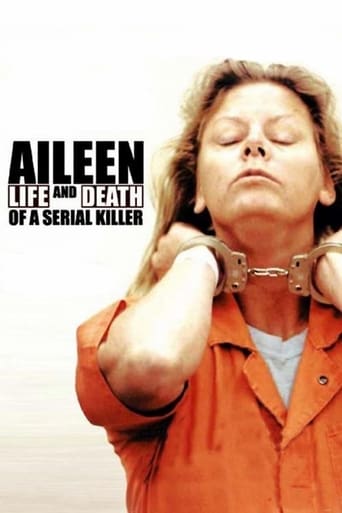
21 Nov 2003

British documentarian Nick Broomfield creates a follow-up piece to his 1992 documentary of the serial killer Aileen Wuornos, a highway prostitute who was convicted of killing six men in Florida between 1989 and 1990. Interviewing an increasingly mentally unstable Wuornos, Broomfield captures the distorted mind of a murderer whom the state of Florida deems of sound mind -- and therefore fit to execute. Throughout the film, Broomfield includes footage of his testimony at Wuornos' trial.
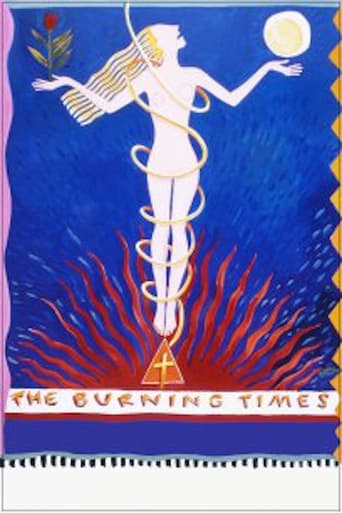
01 Jan 1990

This documentary takes an in-depth look at the witch hunts that swept Europe just a few hundred years ago. False accusations and trials led to massive torture and burnings at the stake and ultimately to the destruction of an organic way of life. The film questions whether the widespread violence against women and the neglect of our environment today can be traced back to those times.
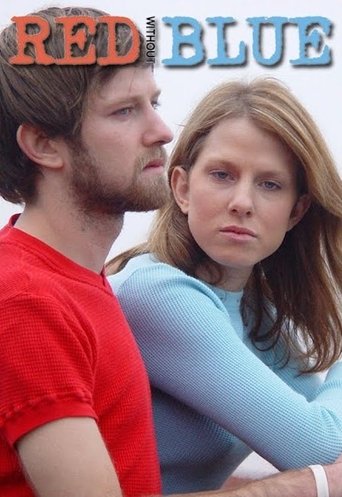
19 Jan 2007

The intimate bond between two identical twins is challenged when one decides to transition from male to female; this is the story of their evolving relationship, and the resurrection of their family from a darker past.
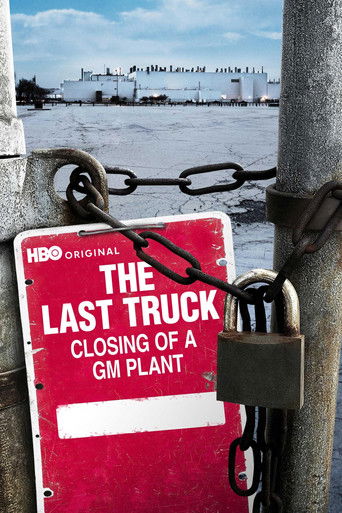
04 Sep 2009

The inside story of the last days of a General Motors plant in Moraine, Ohio, as lived by the people who worked the line.
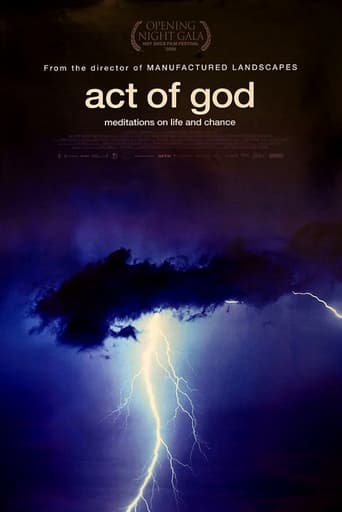
02 Aug 2009

A Canadian documentary feature film that investigates the effects of being struck by lightning.
01 Jan 2011
An award-winning feature-length documentary narrated by Golden Globe nominee Blair Underwood, FIRST GENERATION tells the story of four high school students - an inner city athlete, a small town waitress, a Samoan warrior dancer, and the daughter of migrant field workers - who set out to break the cycle of poverty and bring hope to their families and communities by pursuing a college education. Shot over the course of three years and featuring some of our nation’s top educational experts (Richard Kahlenberg, The Century Foundation; J.B. Schramm, College Summit; Dr. Bill Tierney, University of Southern California), this 95 minute documentary explores the problem of college access faced by first generation and low-income students and how their success has major implications for the future of our nation.
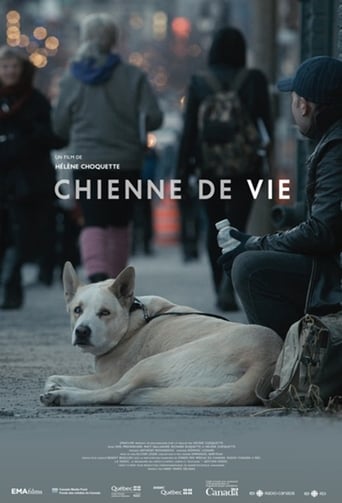
04 May 2016

A documentary about the relationships of several Toronto and Montreal homeless people and their dogs.
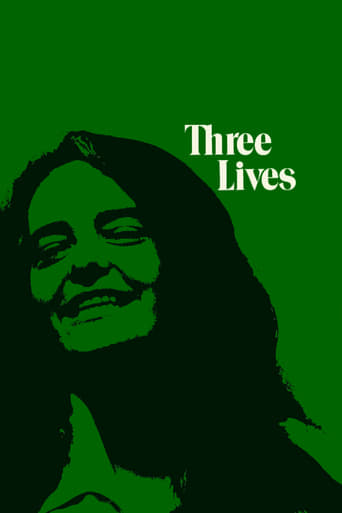
03 Nov 1971

Photographed by an all-female crew and directed by the author of Sexual Politics, these are autobiographical interiews with three very different women who talk frankly about their lives, conflicts, and contrasting life styles.
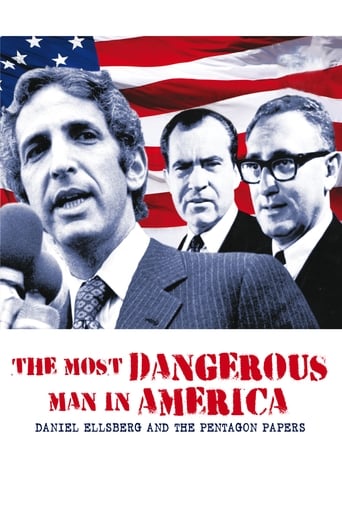
16 Oct 2009

"The Most Dangerous Man in America" is the story of what happens when a former Pentagon insider, armed only with his conscience, steadfast determination, and a file cabinet full of classified documents, decides to challenge an "imperial" presidency – answerable to neither Congress, the press, nor the people – in order to help end the Vietnam War.
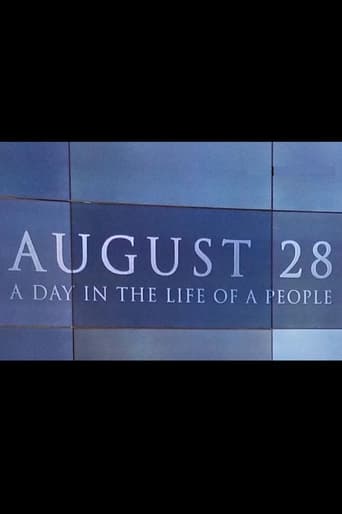
26 Aug 2017

Documentary film on events that happened on August 28th in African-American history, shown at the Smithsonian African-American History Museum.
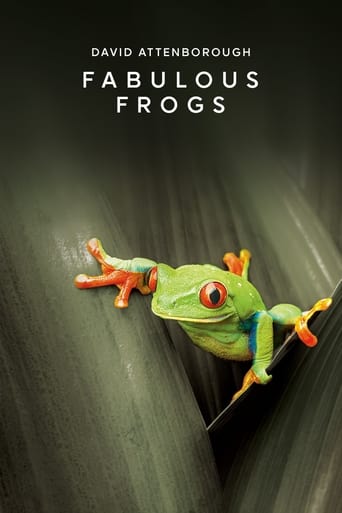
25 Jun 2014

Sir David Attenborough takes us on a journey through the weird and wonderful world of frogs, shedding new light on these charismatic, colorful and frequently bizarre little animals through first-hand stories, the latest science, and cutting-edge technology. Frogs from around the world are used to demonstrate the wide variety of frog anatomy, appearance and behavior. Their amazing adaptations and survival techniques have made them the most successful of all amphibians.
04 Oct 2014
Three stand-up comedians seek fame and fortune in the hottest comedy scene in the world: San Francisco in the 1980s.
01 Dec 2009
In these three basic workouts, you’ll be guided through a series of fun and easy yoga postures. "Beginners' Class" (46 min.) is an introduction to the practice of yoga; "AM Wake-up" (12 min.) is an energizing workout to start the day by awakening your body and mind; "PM Relax & Restore" (10 min.) is a restorative series of poses to calm your mind and body.
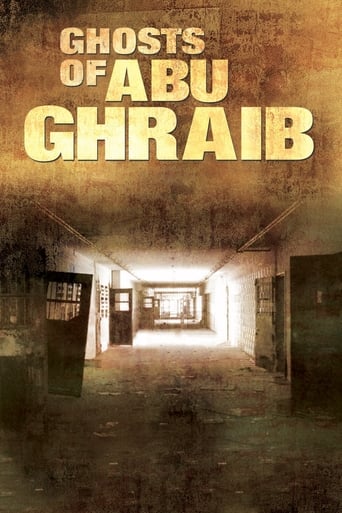
19 Jan 2007

An examination of the prisoner abuse scandal involving U.S. soldiers and detainees at Iraq's Abu Ghraib prison in the fall of 2003.
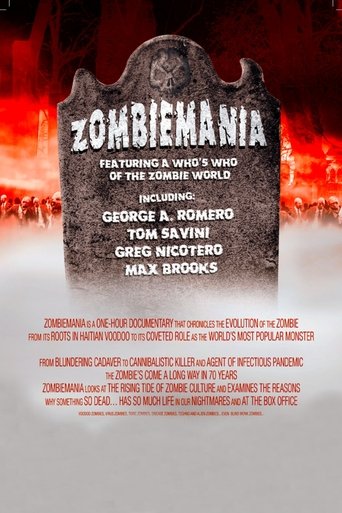
03 Jan 2008

The evolution of the zombie from its roots in Haitian voodoo to its coveted role as the world's most popular monster: from being a clumsy corpse to becoming a cannibal killer and the main agent of every infectious pandemic, the zombie has come a long way in seventy years. A look at the rising tide of zombie culture examining why something so dead has so much life in viewers' nightmares and at the box office.
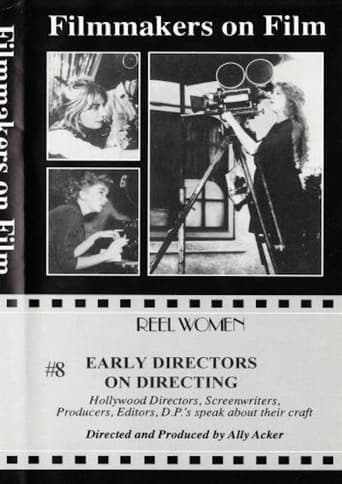
01 Jan 2009

There were more women directors before 1920 than at any other time in history. The first director to put a narrative story on celluloid was, Alice Guy Blaché in 1896. Few people know that Lillian Gish became a director in her own right in 1920. Ida Lupino directed over a hundred episodes of "Have Gun, Will Travel," "Thriller," "Gunsmoke," and many independent features.

09 Jun 2014

Before the internet. Before social media. Before breaking news. The victims of Thalidomide had to rely on something even more extraordinary to fight their corner: Investigative journalism. This is the story of how Harold Evans fought and won the battle of his and many other lives.
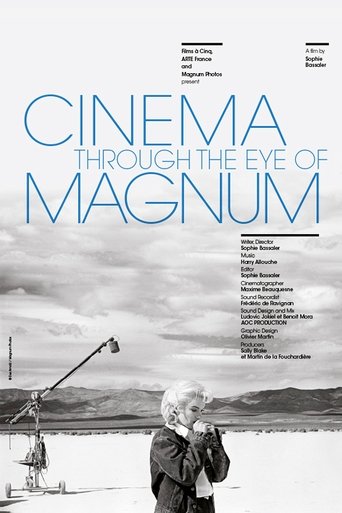
02 Sep 2017

The film tells the story of the intimate and unprecedented encounter between the photojournalists of the Magnum Agency and the world of cinema. The confrontation of two seemingly opposite worlds – fiction and reality. For 70 years their paths crossed: a family of photographers, amongst them the biggest names in photography, and a family of actors and filmmakers who helped write the history of cinema, from John Huston to Marilyn Monroe to Orson Welles, Kate Winslet and Sean Penn.
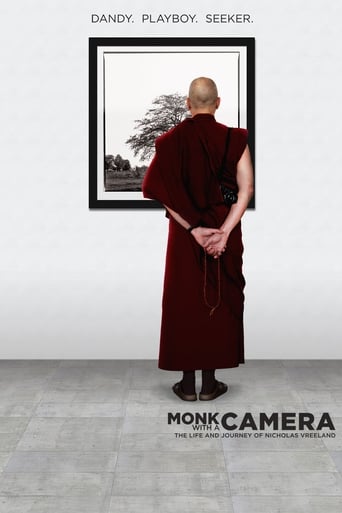
24 Mar 2014

Nicholas Vreeland walked away from a worldly life of privilege to become a Tibetan Buddhist monk. Grandson of legendary Vogue editor Diana Vreeland and apprentice of photographer Irving Penn, Nicholas' life changed drastically upon meeting one of the Dalai Lama's teachers. Soon thereafter, he gave up his glamorous life to live in a monastery in India, ultimately returning to his roots in photography to help his fellow monks rebuild their monastery.